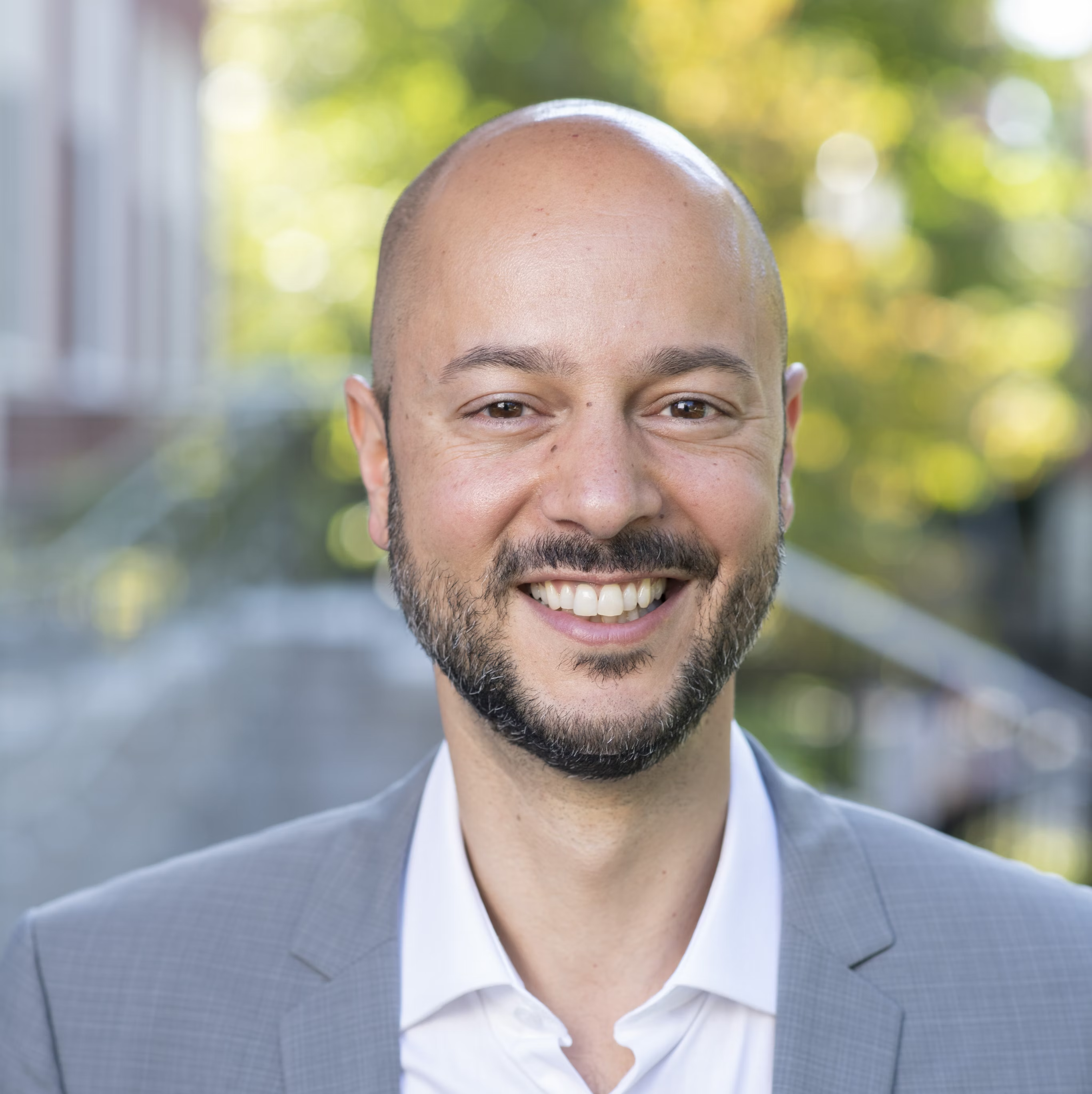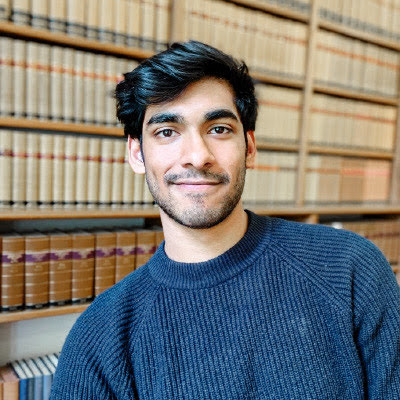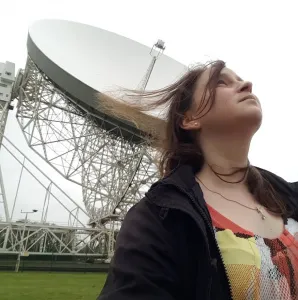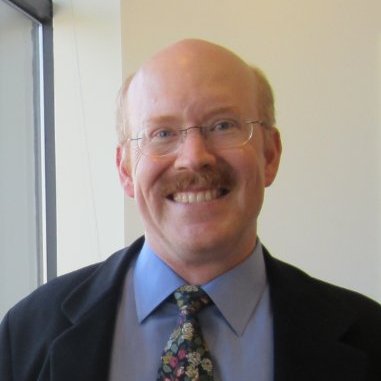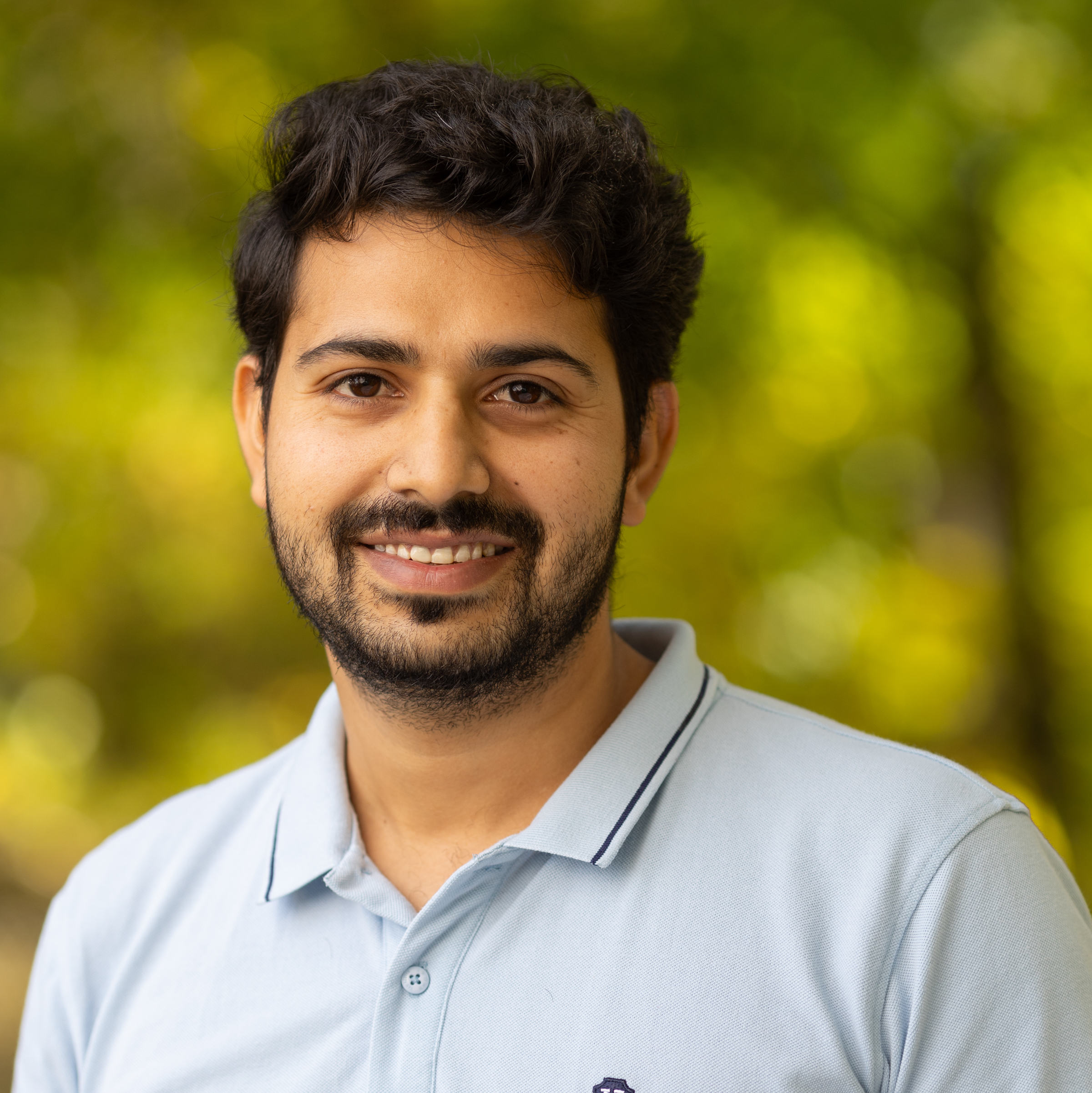About
The advent of the Vera C. Rubin Observatory's Legacy Survey of Space and Time (LSST, 2025-2035) heralds a new era in astronomy, where the potential for discovery in the time-domain sky is unprecedented. The sheer volume of data expected from the LSST presents a unique set of challenges, particularly in the realm of anomaly detection. Traditional methods of data analysis are ill-suited to cope with such vast quantities of information, necessitating the development of innovative, scalable algorithms capable of sifting through terabytes of nightly data to identify signals of rare and often fleeting astronomical events. These events, ranging from the unexpected behavior of asteroids within our solar system to the explosive death throes of supernovae and the flaring of stellar sources, offer crucial insights into the fundamental processes shaping the universe. Our workshop is designed to address these challenges head-on, by bringing together experts in time-domain astrophysics, Rubin Observatory infrastructure, and astroinformatics. Through a series of focused presentations and hack sessions, participants will explore the latest techniques in data science and machine learning, discussing their application to the data produced by the LSST. The goal is to develop new computational tools, motivated by specific science goals, that are not only capable of managing the data but also adept at revealing the rarest phenomena hidden within it. By focusing on the most pressing scientific questions and the unique opportunities presented by the LSST, this workshop stands to significantly advance time-domain astronomy in the coming decade. We welcome participants who are eager to actively engage with this cutting-edge research area, helping to unravel the mysteries of the universe through the lens of anomaly detection.


